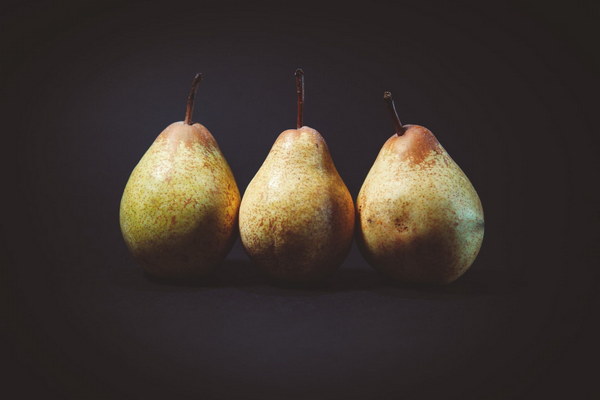Unlock the Secrets of Ancient Chinese Health Practices A Comprehensive Guide to Traditional Wellness
Introduction:
In today's fast-paced world, people are increasingly seeking ways to improve their health and wellness. Ancient Chinese health practices offer a holistic approach to well-being that has been cherished for centuries. This article delves into the secrets of these traditional methods and provides a comprehensive guide to embracing ancient wellness practices in the modern world.
1. The Concept of Yin and Yang:
At the heart of ancient Chinese health practices is the concept of Yin and Yang, representing the balance of opposing forces in nature. Maintaining this balance is crucial for overall health. By understanding and harmonizing these forces, individuals can achieve physical, mental, and emotional well-being.
2. Diet and Nutrition:
Ancient Chinese health practices emphasize the importance of a balanced diet. Traditional Chinese medicine (TCM) suggests incorporating a variety of nutrients, including fruits, vegetables, grains, and legumes. The focus is on consuming foods that are in harmony with the seasons and individual body constitution, promoting good health and vitality.
3. Acupuncture and Traditional Chinese Medicine:
Acupuncture, a key component of TCM, involves inserting fine needles into specific points on the body to restore balance and promote healing. This ancient practice has been proven effective in treating various conditions, including pain, anxiety, and insomnia. Additionally, TCM offers other treatment modalities, such as herbal medicine, massage therapy, and cupping, to address a wide range of health concerns.
4. Qi Gong and Tai Chi:
Qi Gong and Tai Chi are ancient practices that involve gentle movements, breath control, and meditation. These exercises aim to enhance the flow of Qi (vital energy) within the body, promoting relaxation, flexibility, and overall well-being. Regular practice of Qi Gong and Tai Chi can improve balance, strength, and mental clarity.
5. Mindfulness and Meditation:
Ancient Chinese health practices emphasize the importance of mindfulness and meditation in maintaining a healthy mind. By focusing on the present moment and letting go of negative thoughts, individuals can reduce stress, improve concentration, and enhance emotional well-being. Techniques such as mindfulness meditation, guided imagery, and breath awareness can be incorporated into daily life to foster a sense of calm and inner peace.
6. Lifestyle and Sleep:

Ancient Chinese health practices encourage individuals to adopt a balanced lifestyle, including adequate sleep, moderate exercise, and social interaction. A good night's sleep is crucial for physical and mental recovery, so it's essential to establish a regular sleep routine and create a conducive sleep environment.
7. Preventive Care:
Ancient Chinese health practices prioritize preventive care, emphasizing the importance of maintaining health rather than seeking treatment for diseases. This approach involves regular check-ups, diet and lifestyle modifications, and early intervention for potential health issues.
Conclusion:
Ancient Chinese health practices offer a timeless wisdom that can be invaluable in achieving holistic wellness. By embracing these traditional methods, individuals can enhance their physical, mental, and emotional well-being. Incorporating these practices into daily life can lead to a healthier, happier, and more balanced existence.









